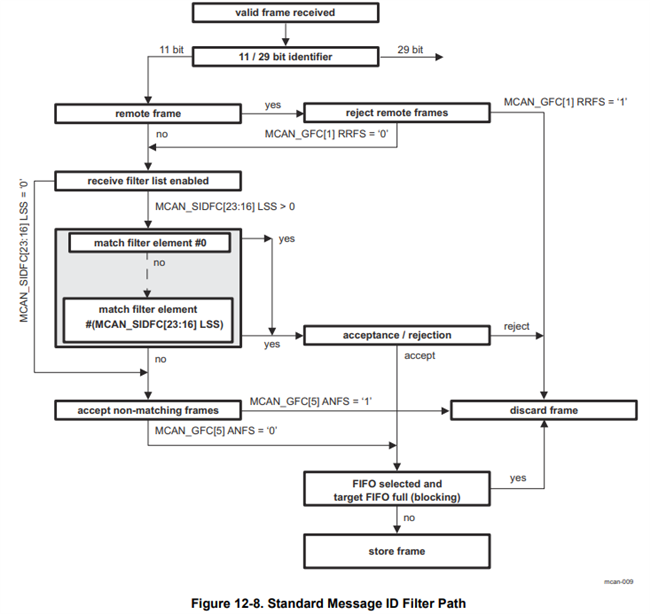Other Parts Discussed in Thread: IWRL6432
Hello,
I'm trying to Integrate CAN for SBL available at C:\ti\MMWAVE_L_SDK_05_03_00_02\examples\drivers\boot\sbl for IWRL6432Boost. I was able to successfully integrate Mcan and initialize. However i want to download the app_image via CAN now. I did not find any helpfull document for developing this. I referred CAN_SBL_18xx example code. However api looks quite different for 18xx and 64xx. They have implemented a callback for data gathering from CAN interface. But in iwrl6432 i'm not sure how to implement something similar. Do i have any inputs or suggestions to go forward. Thanks


